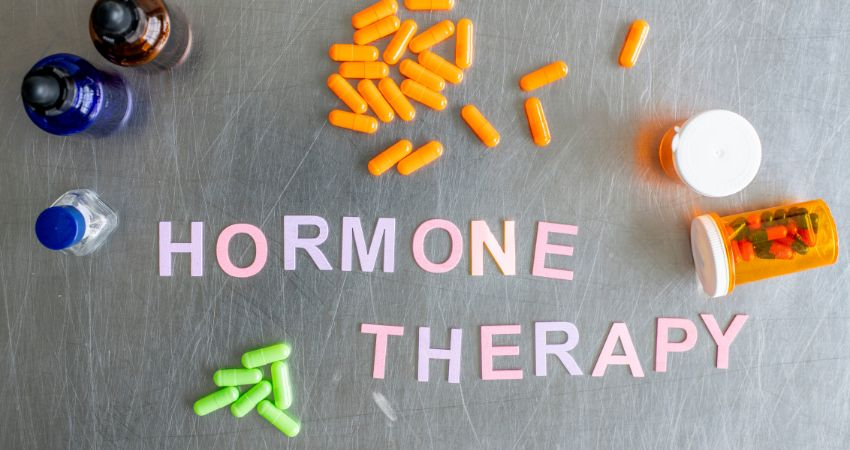As men age, hormone levels drop naturally. Testosterone, the primary male hormone, plays a major role in energy, muscle mass, mood, and libido. Once levels dip, many men start noticing uncomfortable changes. That’s where male hormone replacement therapy (HRT) comes in.
Why Testosterone Declines After 35
Most men begin losing testosterone after age 30. By 35, symptoms can become more noticeable. You may feel tired, irritable, or less interested in intimacy. Muscle loss, belly fat, and brain fog also appear. These are classic signs of low testosterone (Low T).
Signs You May Need Hormone Replacement
You shouldn’t guess. Testing your hormone levels is key. However, some red flags include:
- Constant fatigue
- Low libido or erectile dysfunction
- Depression or irritability
- Reduced muscle strength
- Increased abdominal fat
- Poor concentration
If these symptoms impact your daily life, it’s time to look deeper.
Benefits of Hormone Replacement for Men
Men who begin HRT often report major improvements. Here are a few common benefits:
- Boosted energy levels
- Improved sexual performance
- Better focus and memory
- Increased lean muscle
- Decreased fat
- Enhanced mood and confidence
Testosterone therapy can help restore your body’s balance and vitality.
Types of Testosterone Therapy
There’s no one-size-fits-all solution. Here are a few common treatment options:
- Injections – Long-lasting and effective, but may require doctor visits.
- Gels/Creams – Easy to apply at home but may transfer to others if not careful.
- Patches – Convenient, though some men experience skin irritation.
- Pellets – Implanted under the skin for slow, steady release.
Always choose the method that fits your lifestyle and goals.
Risks and Side Effects to Consider
Although beneficial, HRT does have potential risks. These may include:
- Acne or oily skin
- Sleep apnea
- Increased red blood cell count
- Breast tenderness or swelling
- Possible fertility decline
That’s why proper medical supervision is critical. Routine lab tests ensure safety and effectiveness.
Who Should Avoid Hormone Therapy
Not every man is a good candidate. Those with a history of prostate cancer, heart disease, or severe sleep apnea should consult their doctor carefully. Hormone therapy can worsen certain conditions if not monitored.
Lifestyle Changes That Complement HRT
Hormone therapy isn’t a magic bullet. Pair it with healthy habits for maximum impact:
- Eat a balanced diet with lean proteins, veggies, and healthy fats
- Exercise regularly, focusing on strength and cardio
- Sleep 7–8 hours per night
- Manage stress through mindfulness or hobbies
These changes improve results and help you feel even better.
Choosing the Right Clinic or Provider
Don’t trust just anyone. Pick a clinic that specializes in men’s health and hormone therapy. Ensure they provide blood testing, follow-ups, and personalized treatment plans. Experience and credibility matter.
The Bottom Line: Take Charge of Your Health
If you’re over 35 and struggling with energy, weight, or mood, hormone therapy may help. The first step is a simple blood test. From there, a personalized plan can help you regain your vitality and confidence.
Don’t let low testosterone control your life. Talk to a trusted provider today and reclaim your strength.
 WhatsApp Us Now
WhatsApp Us Now








